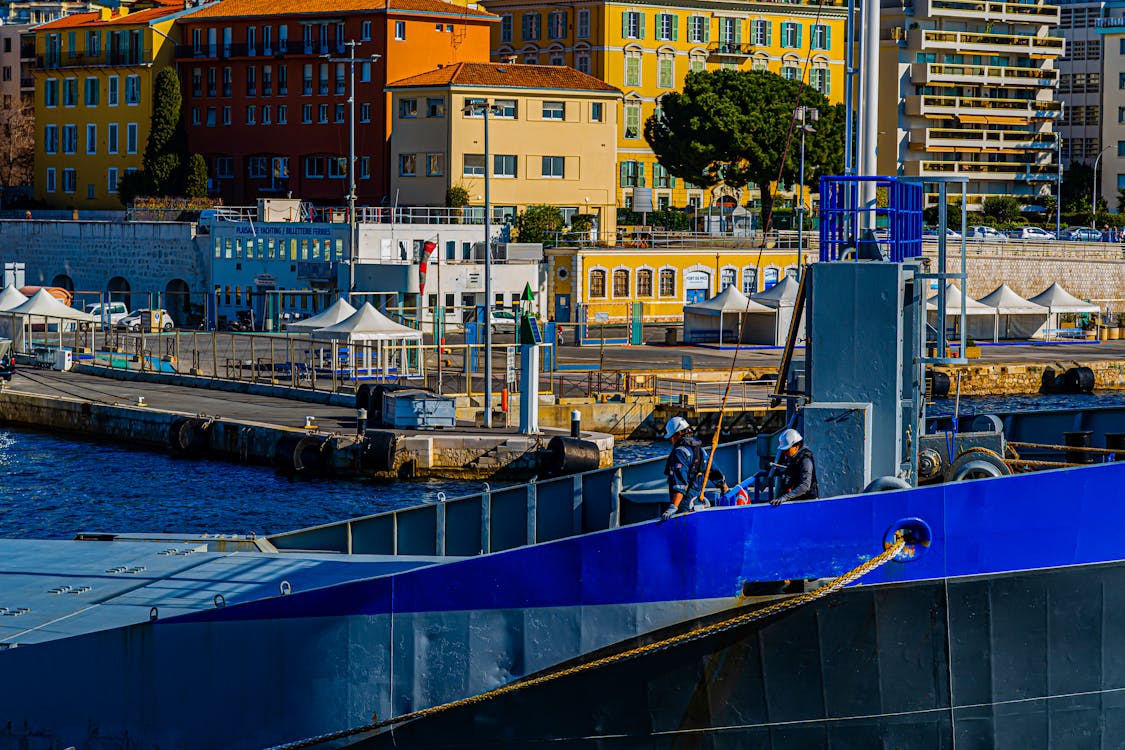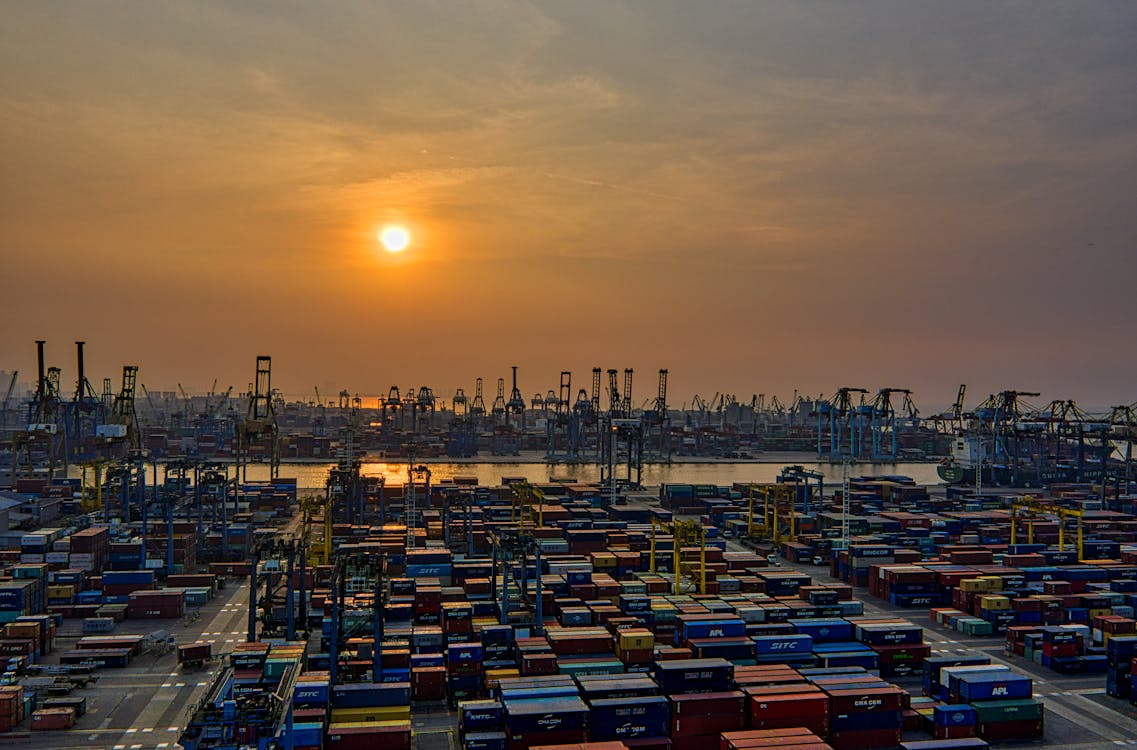

Environmental Sustainability in Maritime Operations
Introduction to the Project
Evolving Regulatory Landscape:
With the growing global emphasis on environmental sustainability, the maritime industry is navigating an increasingly dynamic regulatory landscape. Recent developments include stricter emissions regulations, such as the International Maritime Organization's (IMO) sulfur cap and the forthcoming Energy Efficiency Existing Ship Index (EEXI) and Carbon Intensity Indicator (CII) regulations. These measures aim to reduce greenhouse gas emissions and enhance air quality, prompting Marine Sea Services S.A. and other ship operators to explore innovative solutions to meet the new requirements.
Compliance Challenges and Solutions:
Marine Sea Services S.A navigate complex regulatory frameworks to ensure compliance with environmental regulations. Challenges include retrofitting vessels with emission reduction technologies, managing ballast water in compliance with the Ballast Water Management Convention, and adhering to stringent waste disposal standards. To address these challenges, companies are investing in alternative fuels, such as LNG and hydrogen, to reduce emissions, installing ballast water treatment systems to prevent the spread of invasive species, and implementing waste management practices to minimize pollution.
Embracing Sustainable Technologies:
In response to regulatory pressures and sustainability concerns, Marine Sea Services S.A. is increasingly adopting green technologies and practices to reduce its environmental footprint. This includes investing in energy-efficient vessel designs, such as hybrid and LNG-powered ships, to improve fuel efficiency and cut emissions. Additionally, the use of shore power and cold ironing facilities allows our vessels to connect to onshore power sources, minimizing emissions while docked. Furthermore, advancements in digitalization and data analytics enable Marine Sea Services S.A. to optimize vessel performance, reduce fuel consumption, and enhance overall sustainability.


